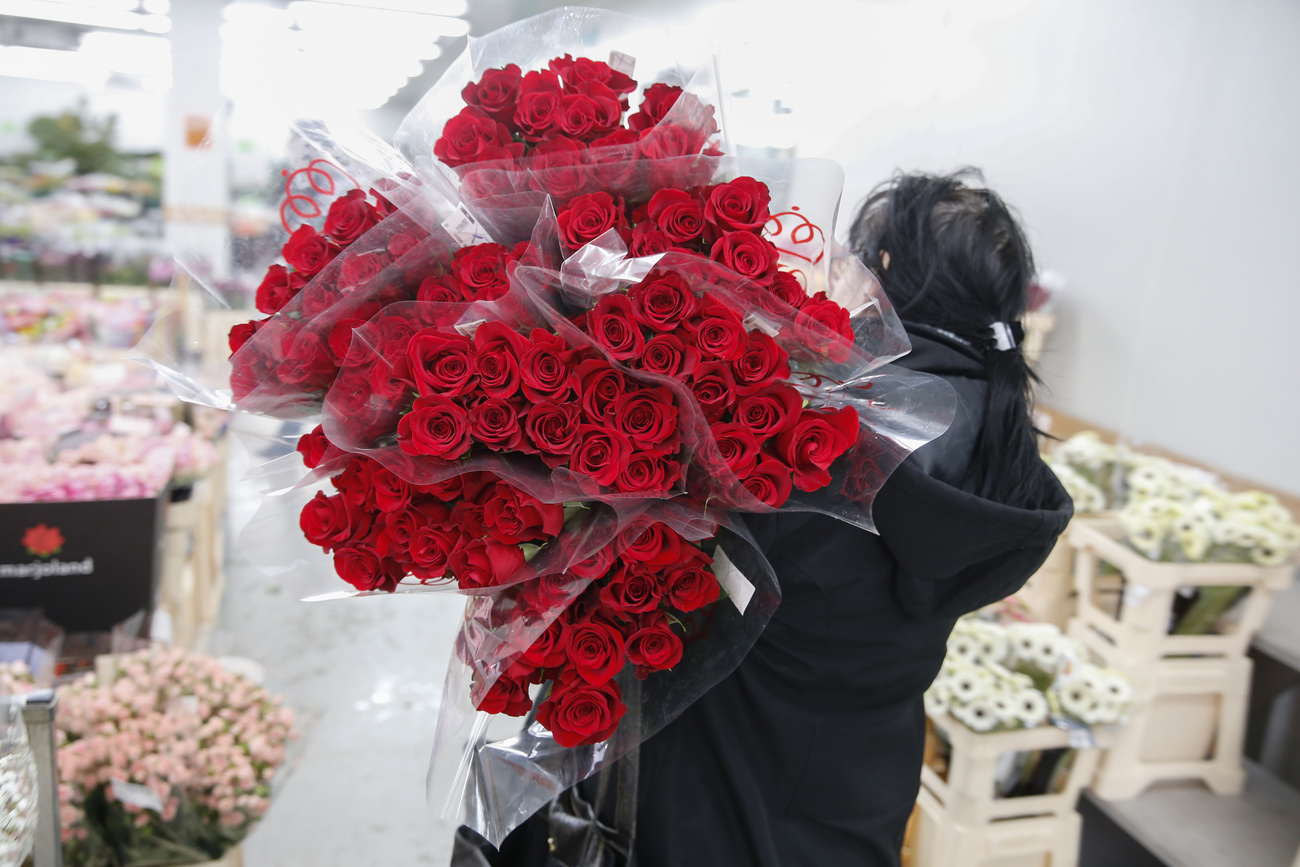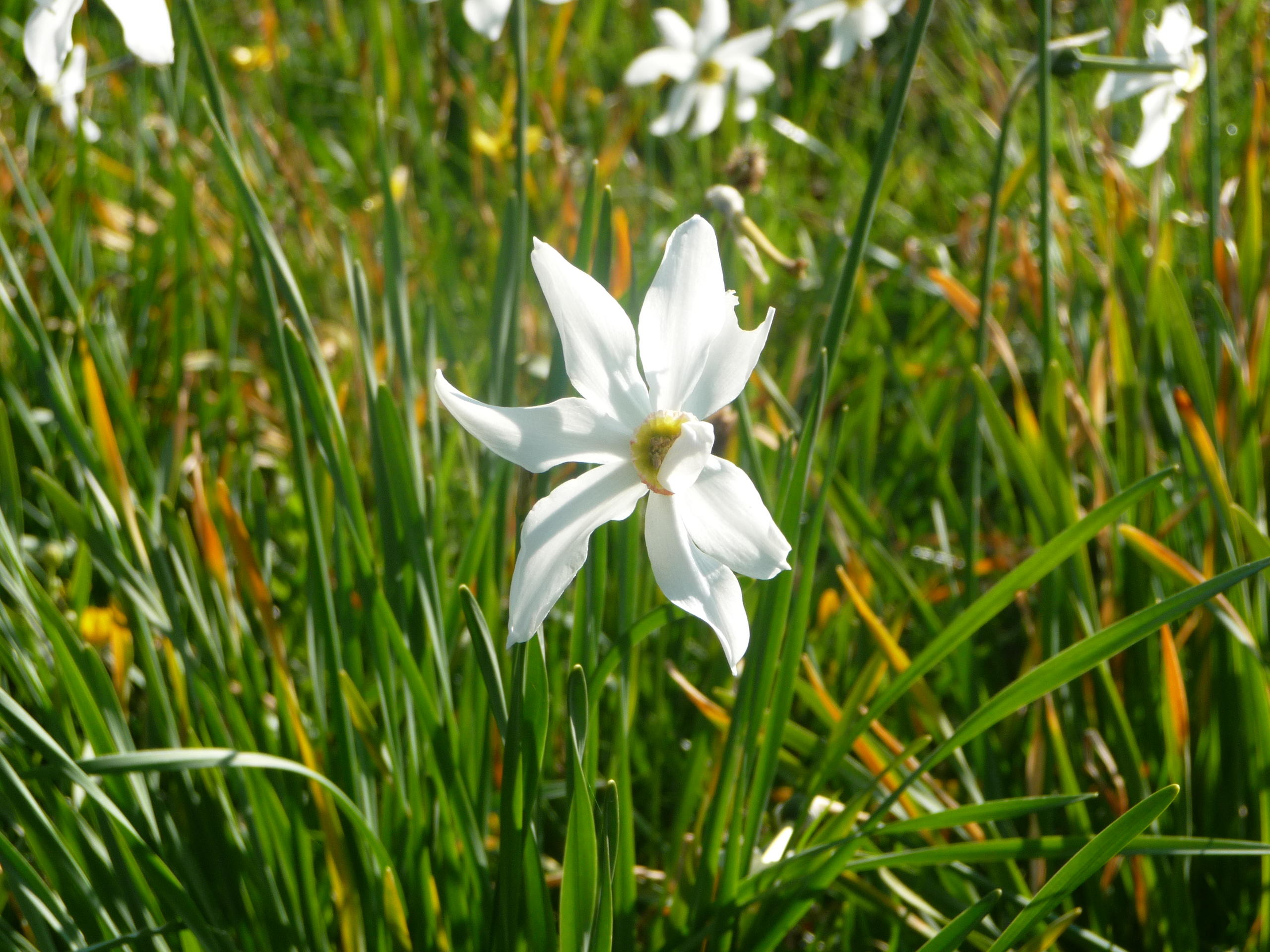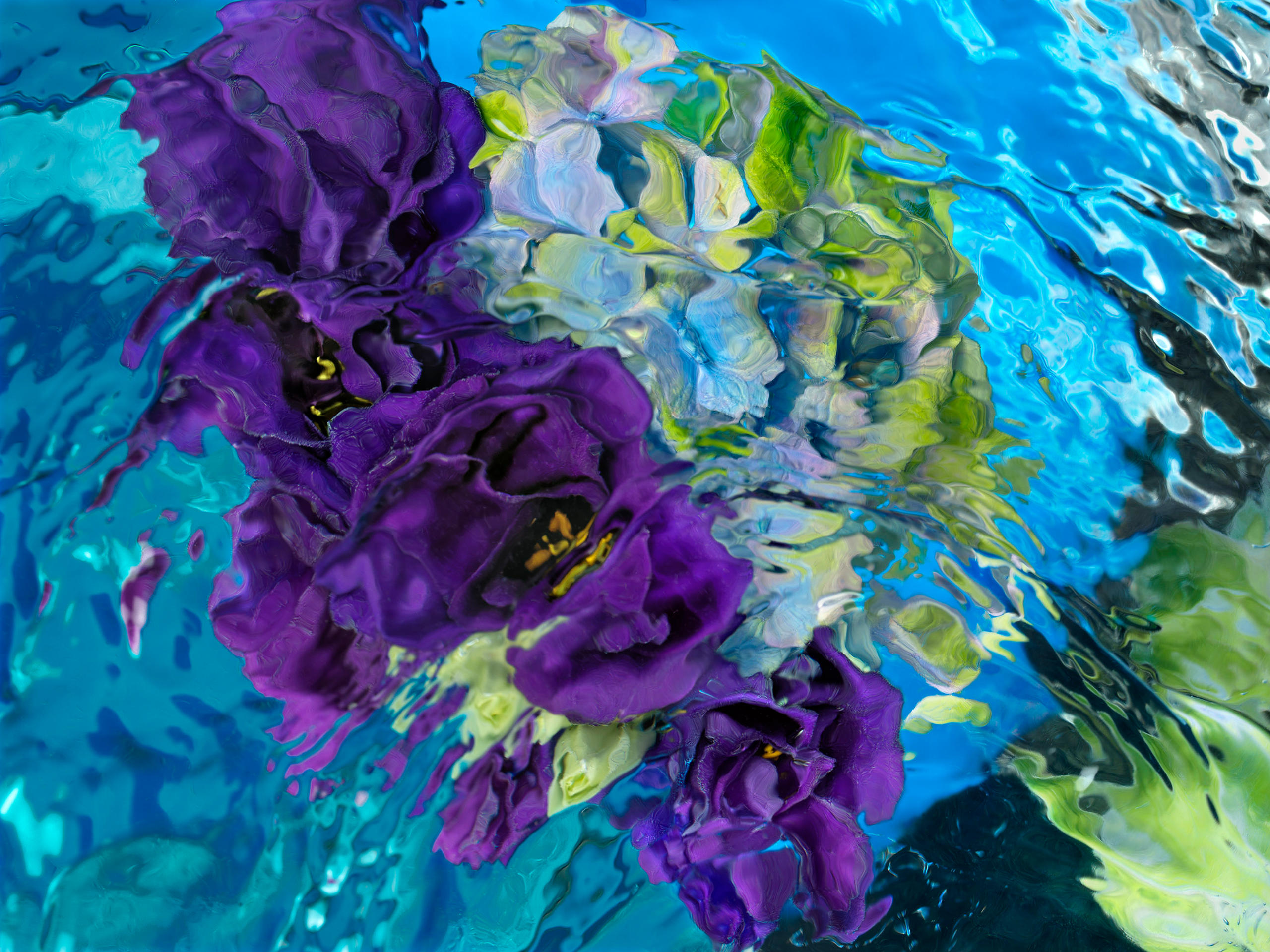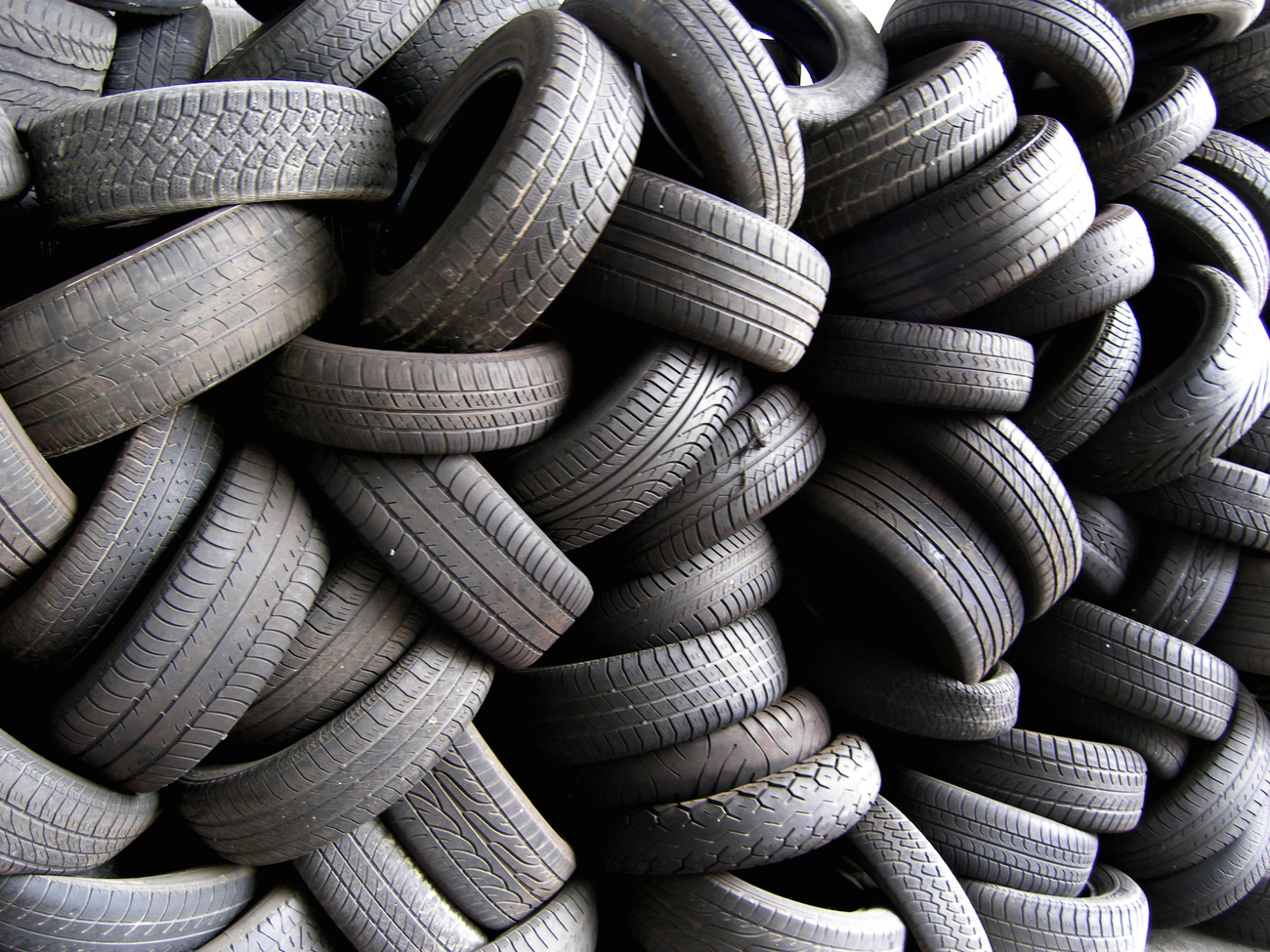Swiss florists face pesticide risks at work

The story of a French ex-florist, whose 11-year-old daughter died of cancer in 2022 linked to her mother’s exposure to pesticides, has highlighted the possible risks of untreated flowers. A recent investigation by Swiss public television, RTS, appears to confirm the risks of pesticides used on imported flowers, some of which are banned in Switzerland.
+Get the most important news from Switzerland in your inbox
Journalists from the RTS Mise au Point programme carried out an investigation in Switzerland and tested gloves worn by two Geneva florists that revealed over 20 chemical products, including six banned in Switzerland.
The laboratory tests were supervised by Aurélie Berthet, a specialist in human toxicology at the University of Lausanne. She confirmed that so far no studies have been conducted on the long-term health risks that florists face. But the new lab results are worrying, she says.
“Several of the substances found are irritating, which could lead to a skin reaction, such as itching, reddened areas or even eczema,” said the specialist.
Berthet says there are ways to protect florists: “The first and best way would be to ask yourself whether you really need the substances in floriculture, and whether people are prepared to accept a less than perfect flower and switch to untreated flowers. Second, if the industry has no other choice, florists must be protected at all costs, even from small doses.”
‘Not done enough in past’
Philippe Wuillemin, head of the Geneva-based company Wuillemin fleuriste, agreed to be tested by RTS. He conceded that more thought needs to be given to the origin of flowers: “Perhaps we haven’t done enough in the past, and it’s up to us to take more interest in the cultivation methods of the flowers and to check the labels better,” he told the TV programme.

More
Wild narcissus continue to bloom in Swiss Alps. But for how long?
The floristry school in Lullier in canton Geneva says it is aware of the problem. It says it raises awareness about the issue among students during their training.
“We are guided by the recommendations of the Swiss Florists’ Association,” says vocational school teacher Alexander Meckel.
Alexander Meckel highlights the following measures for florists:
Washing hands after working with flowers both before breaks and at the end of the day;
No touching face;
No eating while working;
Wear an apron to prevent any residue from getting onto clothing.
The floristry school is now considering going one step further by wearing protective gloves. “We have given it some thought and will carry out tests to find out which model we recommend and when it is appropriate to wear gloves,” says Meckel.
Unclear responsibility
Switzerland imports 90% of the flowers sold in shops. An investigation in 2022 revealed that nine out of ten bouquets produced abroad contained pesticides that are not authorised in Switzerland.
The Swiss florists’ association florist.ch told RTS that it had published recommendations on handling flowers in 2012. When asked whether the association had tested its members for pesticide contamination, it replied: “This is the responsibility of the import and customs authorities. But since our recommendations in 2012, pesticide exposure has decreased.”
The Swiss customs authorities explained that Switzerland and the European Union are part of the same plant protection area. Consignments between EU member states and Switzerland are therefore not checked.
The Plant Protection Service of the Federal Office for Agriculture is responsible for consignments from third countries. This service only checks plant goods such as cut flowers originating from non-EU countries for pests and regulated plant diseases, but not for pesticide residues.
Adapted from German by DeepL/sb

More
Photographing a floral symphony

In compliance with the JTI standards
More: SWI swissinfo.ch certified by the Journalism Trust Initiative











You can find an overview of ongoing debates with our journalists here . Please join us!
If you want to start a conversation about a topic raised in this article or want to report factual errors, email us at english@swissinfo.ch.